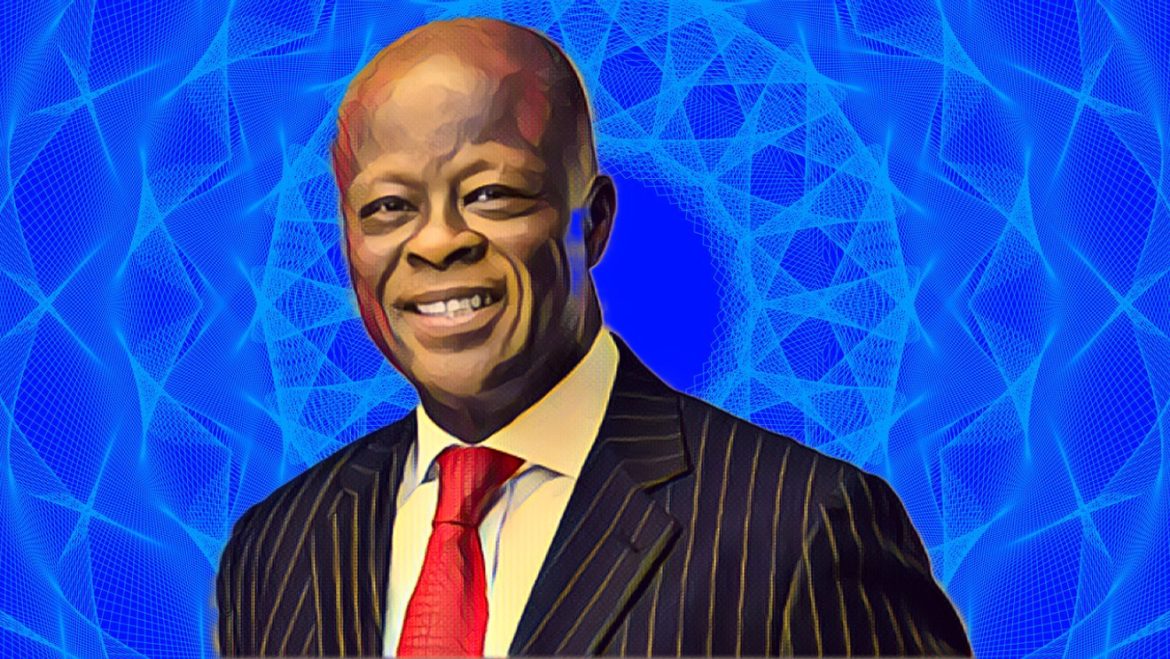Nigeria has secured a substantial loan of $2.25 billion from the World Bank. The loan comes with exceptionally favorable terms including a 1 percent interest rate. Nigeria’s Finance Minister, Wale Edun announced this during a joint press conference with the Central Bank of Nigeria (CBN) held at the spring meetings of the International Monetary Fund (IMF) and the World Bank in Washington D.C.
The Board of Directors of the World Bank has approved a loan for Nigeria, which has a 40-year term with a 10-year grace period before payments start. The loan has a nominal interest rate of 1 percent, which shows that the financing is concessional. Edun explained that Nigeria is essentially receiving free money, given the grant-like conditions of the loan, according to BusinessDay.
The finance minister of Nigeria has announced that the government is working on various projects to stabilize the country’s economy. The minister revealed that these projects are part of a larger effort to secure sustainable funding and investments for Nigeria. This includes ongoing negotiations for low-interest funding from the African Development Bank, along with talks with foreign direct investors.
The finance minister has also highlighted the importance of increasing revenue generation, given concerns about the country’s debt sustainability. President Bola Tinubu’s government is aiming to increase oil production from its current level of 1.6 million barrels per day to 2 million, to increase liquidity and meet debt obligations. However, the minister acknowledged the risks of relying too heavily on oil revenue and stated that reforms are underway to diversify the nation’s revenue streams.
The government’s target is to elevate tax revenue from its current level of 10% to 18% of GDP in the coming years. Additionally, the government aims to double non-oil revenue to about 22%. These efforts are part of a broader strategy to enhance Nigeria’s financial stability and reduce its dependence on oil revenue. The Tinubu administration has introduced fiscal reforms and set ambitious production targets to create a stronger economic foundation for Nigeria. The government aims to diversify the revenue base and improve productivity to build a more resilient and diversified economy.
This strategic approach towards managing the nation’s finances and the positive outlook towards foreign investment are expected to play significant roles in Nigeria’s economic growth. Given the various economic challenges faced by the country, the effective utilization of the World Bank loan and the successful implementation of revenue diversification strategies are crucial steps towards achieving sustainable economic development.


